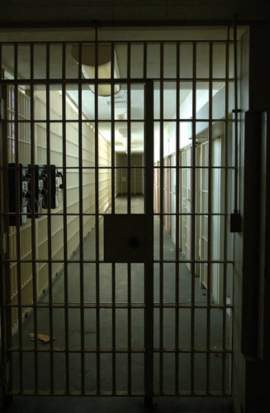
Difference Between Probation and Parole

Popular In Prison
Juvenile Probation Vs Adult Probation Female Inmates Florida Department Of Corrections Offender Search Inmate Care Packages Death Row Security Levels In Prison Solitary Confinement Retribution Soledad State Prison Mississippi Department Of Corrections Missouri Department Of Corrections Deterrence
Many people confuse probation and parole, or fail to understand the fundamental difference between these two statuses. When an individual is convicted of a crime, there are a number of possible punishments that he/she may receive. For example, if an individual has committed a relatively minor offense, he/she may be required to pay a fine or take part in community service. If his/her offense was more serious, he/she may be sentences to serve time in prison. However, in some instances, an individual will escape incarceration and be placed on probation.
This may occur if an individual is under the age of eighteen, if he/she has committed no prior offenses, or if the offense was considered to be minor. If an individual is placed on probation, he/she will be required to adhere to regulations and guidelines outlined by the court. If he/she violate the conditions of his/her probation, or if he/she commits an additional crime while on probation, he/she may receive additional consequences, such as imprisonment.
Probation and parole differ in regard to the period during which an offender is placed under supervision. When an individual is supervised as an alternative to imprisonment it is known as probation, and parole occurs when an individual is released from prison prior to the completion of his/her prison sentence. When an individual is placed on parole, he/she is allowed to leave prison before the intended date, usually due to good behavior.
He/she will be permitted to carry out the remainder of his/her sentence in society. Both people who are released on probation and parole are required to meet with parole officers regularly, so that they can monitor and observe the offenders' progress.
NEXT: What is Parole?





















